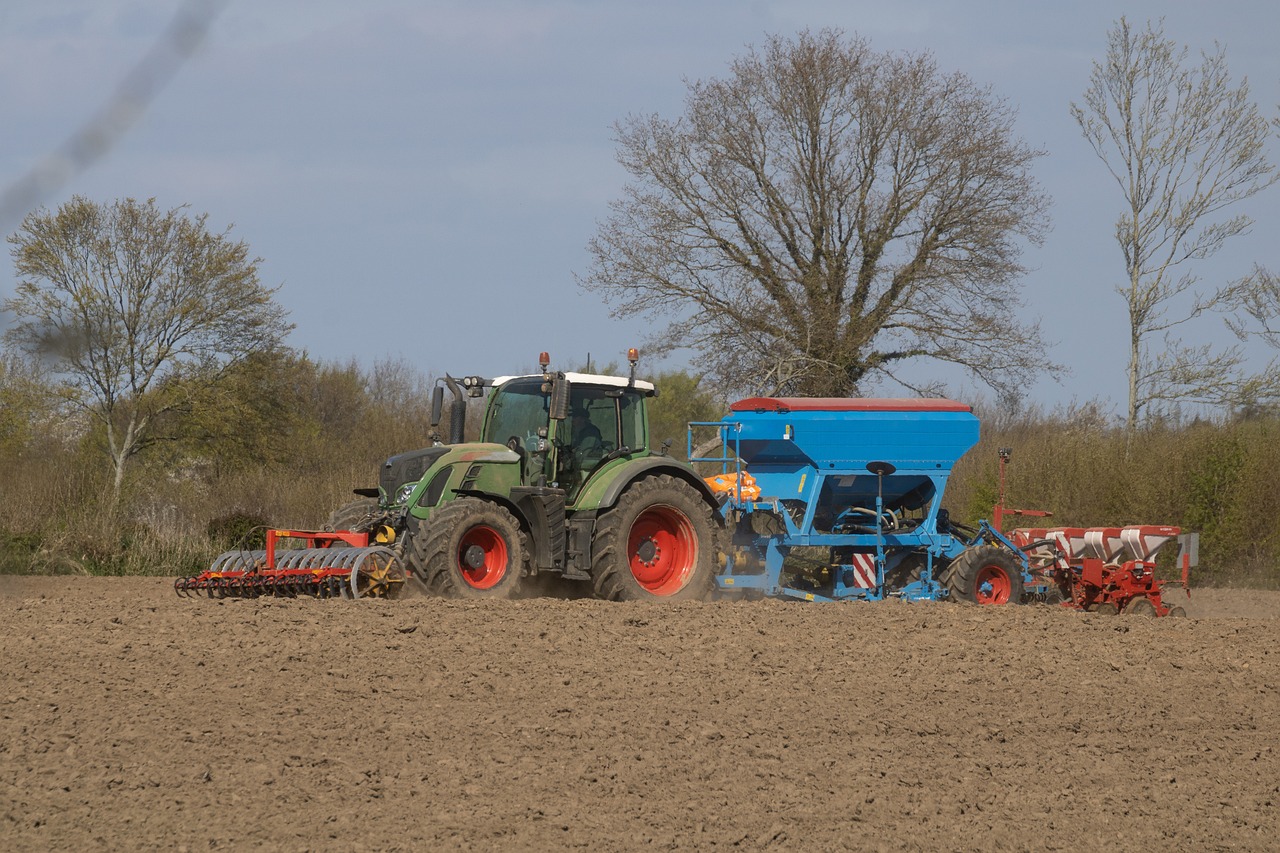Innovations in Agricultural Market Development: Laser book login, Silverexchange.com login, 11xplay online
laser book login, silverexchange.com login, 11xplay online: Innovations in Agricultural Market Development
Agriculture plays a crucial role in the global economy, providing food, income, and employment for billions of people worldwide. However, the agricultural sector faces numerous challenges, including fluctuating market prices, limited access to markets, and changing consumer preferences. In recent years, there have been several innovations in agricultural market development that aim to address these challenges and help farmers improve their livelihoods. In this article, we will explore some of the key innovations in agricultural market development and their impact on the sector.
Understanding the Market
One of the most critical aspects of agricultural market development is understanding the market. Farmers need to know what crops are in demand, what prices they can expect to receive, and where they can sell their produce. Traditionally, farmers relied on middlemen or brokers to connect them with buyers, but this often resulted in low prices and limited market access.
With the rise of digital technologies, farmers now have access to a wealth of information about market trends, prices, and buyers. Platforms like AgriMarketNow and FarmCrowdy provide real-time market information, connect farmers directly with buyers, and enable them to negotiate prices and terms. By using these platforms, farmers can make informed decisions about what to plant, when to harvest, and where to sell their produce.
Value-Added Products
Another key innovation in agricultural market development is the production of value-added products. Instead of selling raw agricultural commodities, farmers are now adding value to their produce by processing it into products like jams, sauces, and beverages. These value-added products command higher prices in the market and are less susceptible to price fluctuations.
By investing in processing equipment and training, farmers can produce high-quality value-added products that cater to changing consumer preferences. In addition, value-added products have a longer shelf life, allowing farmers to store their produce and sell it when prices are favorable. This innovation not only increases farmers’ income but also creates jobs in the processing industry and stimulates economic growth in rural areas.
Market Linkages
Market linkages are crucial for agricultural market development, as they connect farmers with buyers and ensure a steady demand for their produce. In the past, farmers often struggled to find buyers for their crops, leading to post-harvest losses and wasted resources. However, with the advent of digital platforms and market networks, farmers can now establish direct relationships with buyers and secure long-term contracts.
Platforms like AgriNet and eFarm provide farmers with access to a wide network of buyers, retailers, and exporters, allowing them to sell their produce at fair prices and on favorable terms. By leveraging market linkages, farmers can diversify their customer base, reduce their dependence on middlemen, and increase their profits. This innovation has revolutionized the way farmers do business and has empowered them to take control of their market channels.
Financial Inclusion
Financial inclusion is another critical innovation in agricultural market development, as it enables farmers to access credit, insurance, and other financial services that are essential for their operations. In the past, farmers often struggled to secure loans from traditional financial institutions due to lack of collateral and credit history. This limited their ability to invest in technology, inputs, and equipment, hindering their productivity and profitability.
With the rise of digital finance platforms like M-Pesa and Branch, farmers can now access financial services through their mobile phones, without the need for physical collateral or paperwork. These platforms offer farmers loans, savings, insurance, and other financial products that cater to their specific needs and requirements. By promoting financial inclusion, agricultural market development can unlock the potential of smallholder farmers, improve their access to resources, and enhance their resilience to market risks.
Quality Assurance
Quality assurance is a critical aspect of agricultural market development, as it ensures that farmers produce high-quality, safe, and sustainable products that meet consumer expectations. In the past, farmers often struggled to maintain quality standards due to lack of knowledge, resources, and infrastructure. This resulted in lower prices, rejection of their produce, and loss of market opportunities.
To address this challenge, farmers are now adopting innovative practices like Good Agricultural Practices (GAP), organic farming, and certification schemes that guarantee the quality and safety of their products. By following these practices, farmers can improve the quality of their produce, reduce post-harvest losses, and access premium markets that value sustainability and traceability. Quality assurance not only benefits farmers but also enhances consumer trust, promotes food safety, and fosters sustainable agricultural practices.
Sustainable Agriculture
Sustainable agriculture is a growing trend in agricultural market development, as consumers are increasingly demanding products that are produced in an environmentally friendly and socially responsible manner. Sustainable agriculture practices focus on conserving natural resources, reducing greenhouse gas emissions, and promoting biodiversity, while also ensuring the long-term viability of farming systems.
Farmers are adopting innovative practices like agroforestry, conservation agriculture, and precision farming to reduce their environmental footprint, increase their resilience to climate change, and improve their productivity. By embracing sustainable agriculture, farmers can access niche markets that value sustainability and pay premium prices for eco-friendly products. This innovation not only benefits the environment but also enhances farmers’ income, builds community resilience, and promotes long-term food security.
Conclusion
In conclusion, innovations in agricultural market development are transforming the way farmers do business, empowering them to access markets, add value to their produce, and improve their livelihoods. By leveraging digital technologies, market linkages, financial inclusion, quality assurance, and sustainable agriculture practices, farmers can navigate market challenges, respond to consumer demands, and thrive in a rapidly changing world. As we look to the future, it is essential to continue investing in agricultural market development and supporting farmers in adopting innovative solutions that promote inclusive growth, sustainability, and resilience.
FAQs
1. What are some examples of digital platforms that connect farmers with buyers?
– AgriMarketNow and FarmCrowdy are examples of digital platforms that connect farmers directly with buyers and provide real-time market information.
2. How can farmers add value to their produce?
– Farmers can add value to their produce by processing it into value-added products like jams, sauces, and beverages, which command higher prices in the market and have a longer shelf life.
3. What is financial inclusion, and why is it important for agricultural market development?
– Financial inclusion refers to providing farmers with access to credit, insurance, and other financial services that are essential for their operations. It is important for agricultural market development as it enables farmers to invest in technology, inputs, and equipment, improve their productivity and profitability, and enhance their resilience to market risks.
4. How can farmers ensure the quality of their produce?
– Farmers can ensure the quality of their produce by adopting practices like Good Agricultural Practices (GAP), organic farming, and certification schemes that guarantee the quality and safety of their products. Quality assurance not only benefits farmers but also enhances consumer trust, promotes food safety, and fosters sustainable agricultural practices.







